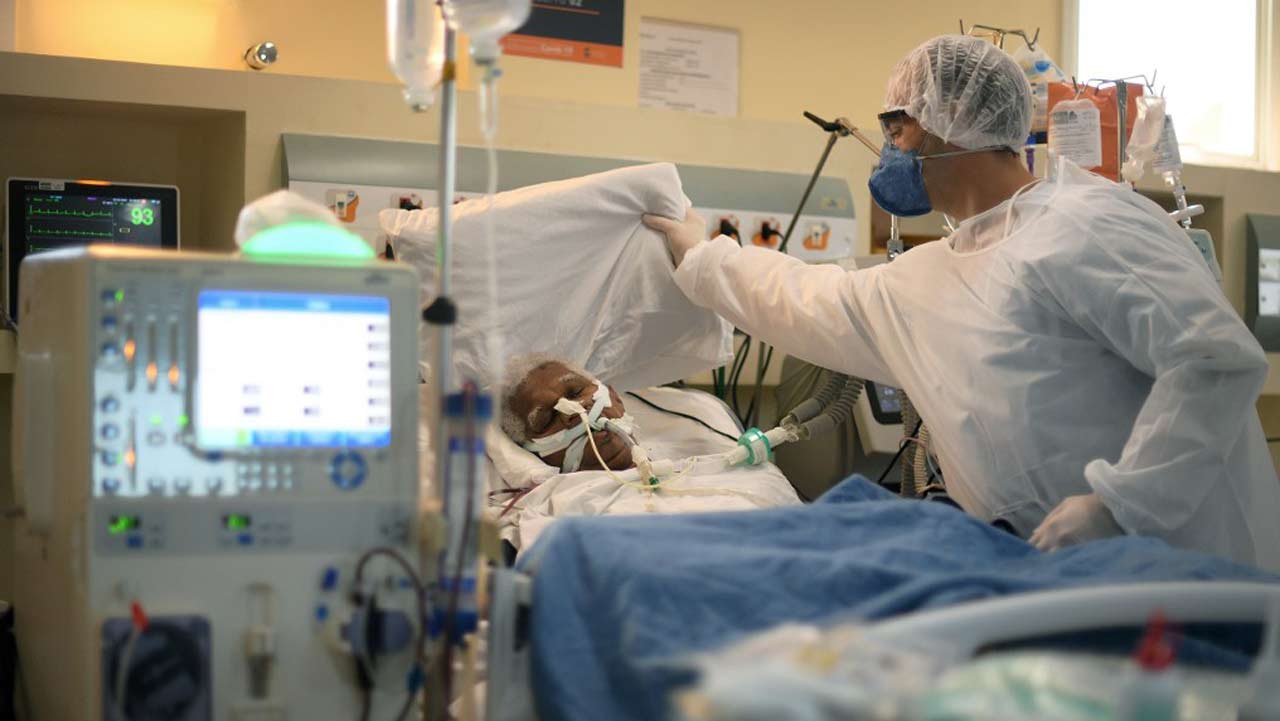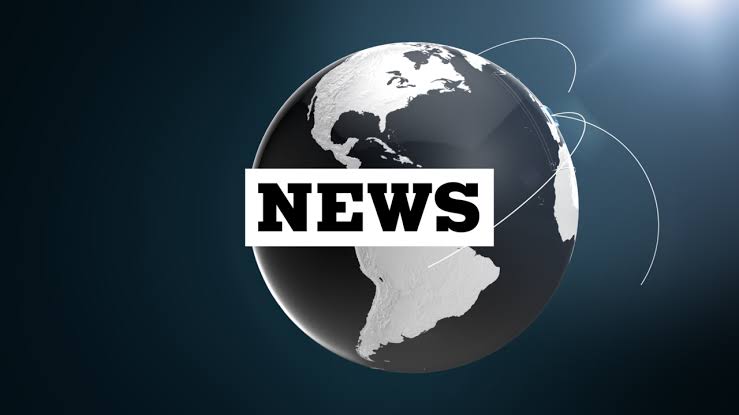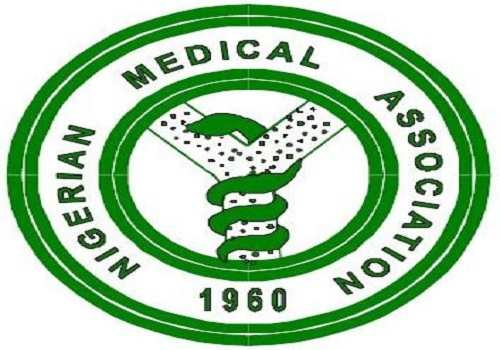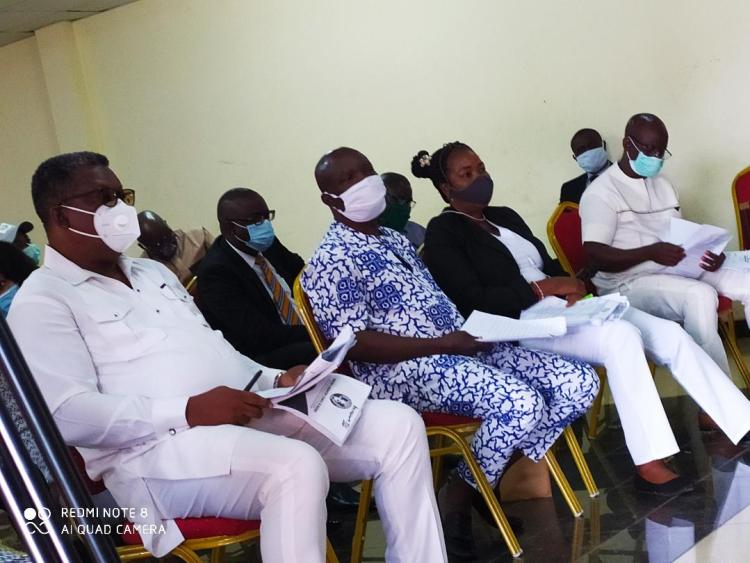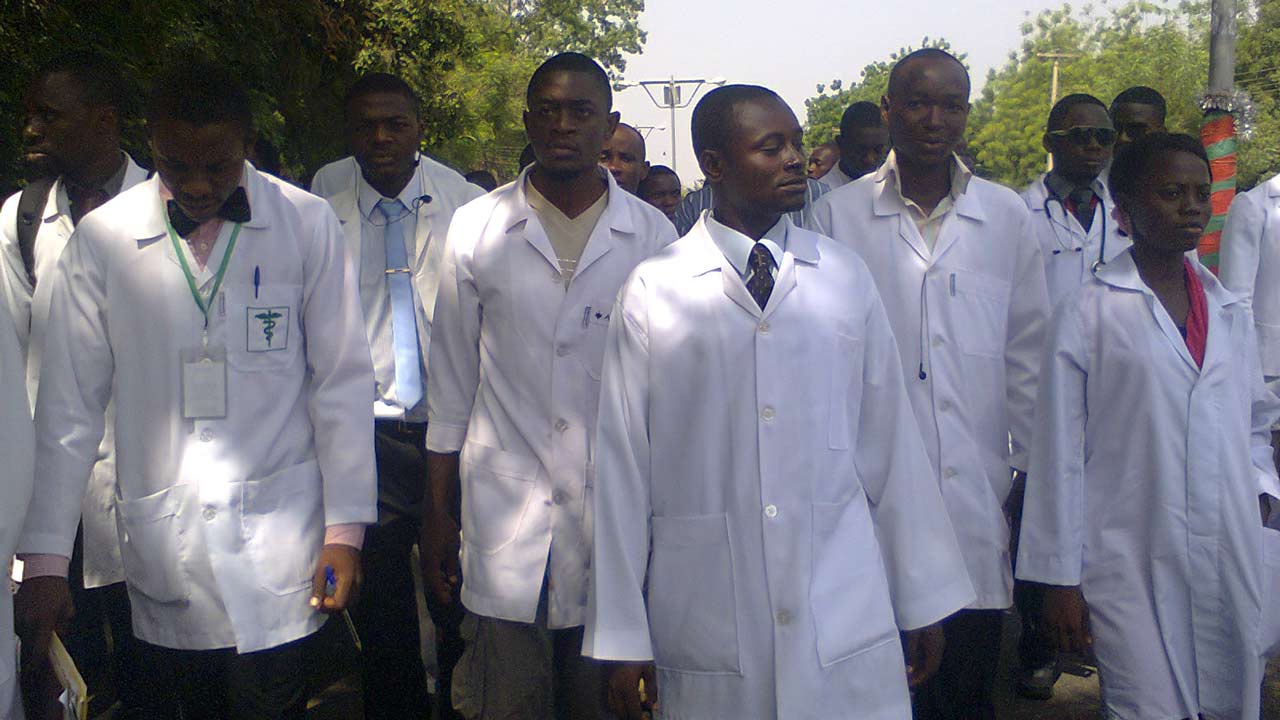One of the more galling aspects of the rampant corruption and incompetence that continue to plague Nigeria is the fact that its consequences are not confined to the country’s borders.
The latest manifestation of this has appeared in Gavi, a global vaccine alliance set up to provide the world’s poorest countries with unfettered access to vaccines for children. The organisation’s board is chaired by Dr. Ngozi Okonjo-Iweala and has several Nigerians as members, including Professor Oyewale Tomori, the distinguished virologist and former Vice-Chancellor of Redeemer’s University.
Tomori recently informed the world of the way in which avarice and ineptitude have combined to undermine the effectiveness of Gavi’s interventions in Nigeria, thereby putting the lives of millions of children at risk.
In an article titled “The Shame of Nigeria’s Stalled Transitioning from Gavi Support,” he explained the brazen manner in which a total of US$7.6 million in Gavi funds were misappropriated. The organisation had undertaken an extensive audit of its programmes in Nigeria between January 2010 and March 2015, and had found that $2.2 million and $5.4 million had gone into the irregular or ineligible use of its funds.
After prolonged discussion, Nigeria agreed to return the misused funds to Gavi. An initial $5.4 million was paid; payment of the remaining $2.2 million became a condition for Gavi to consider Nigeria’s proposed request to extend its transition from Gavi support to 2028.
The country’s failure to pay this second tranche became a sticking-point at a Gavi board meeting in June this year. Eventually, the board agreed to consider Nigeria’s request, subject to the fulfillment of all outstanding commitments and the establishment of an accountability framework.
The acute humiliation felt by Tomori and the other Nigerians is best expressed in his own words: “Where I sat, mute as the famous Owerri Zuma statue, their words came as flying darts to my heart, my pride, my ego, my patriotism, and my being.”
Nigeria had failed to return funds it acknowledged had been willfully misappropriated by its own agencies. It was asking for an extension of assistance from the very organisation whose funds its officials had misappropriated. It had demonstrated its inability to identify those responsible, had done nothing to sanction them, and had not shown that it was prepared to take measures to ensure that such acts would not happen again.
It is almost certain that what occurred at Gavi is probably taking place in many of the multilateral agencies and non-governmental organisations in which Nigeria is a member. Commitments are consistently being broken, promises are constantly not being kept, and objectives are continually being undermined.
The country cannot continue to behave in this manner and expect to be taken seriously. Indeed, this could be the real reason why Nigeria and its citizens often meet with indifference and hostility at different international fora. A nation that cannot keep its word will not be respected, no matter how “big” it claims to be.
As Tomori asks, “How come a nation so rich with enough resources to fully vaccinate every child and more, is asking for such a long extension? It is good that the Nigerian government accepted to refund the misused funds, but has any individual been held accountable? Or is the government endorsing misuse of money? Why does Nigeria have to wait until the last minute to fulfill her obligation?”
If the country is truly interested in regaining its international credibility, it must move to identify and prosecute those who misappropriated the $7.6 million. It should work with Gavi to set up processes and procedures that will make it more difficult for funds to be so misused. It must ensure that it meets its financial and other obligations promptly.
Just as importantly, Nigeria must make sure that it is fully self-sufficient in vaccine production by the time the extension it is seeking from Gavi ends in 2028. The lives of the country’s youngest citizens should no longer be jeopardised by corruption and incompetence.
The Nation
ABUJA: Training Schedule for Basic Life Support BLS, Pediatric Advanced Life Support (PALS), Advanced Cardiovascular Life Support ACLS, First Aid, CPR, AED
PORTHARCOURT: Training Schedule for Basic Life Support BLS, Pediatric Advanced Life Support (PALS), Advanced Cardiovascular Life Support ACLS, First Aid, CPR, AED
LAGOS: Training Schedule for Basic Life Support BLS, Pediatric Advanced Life Support (PALS), Advanced Cardiovascular Life Support ACLS, First Aid, CPR, AED
